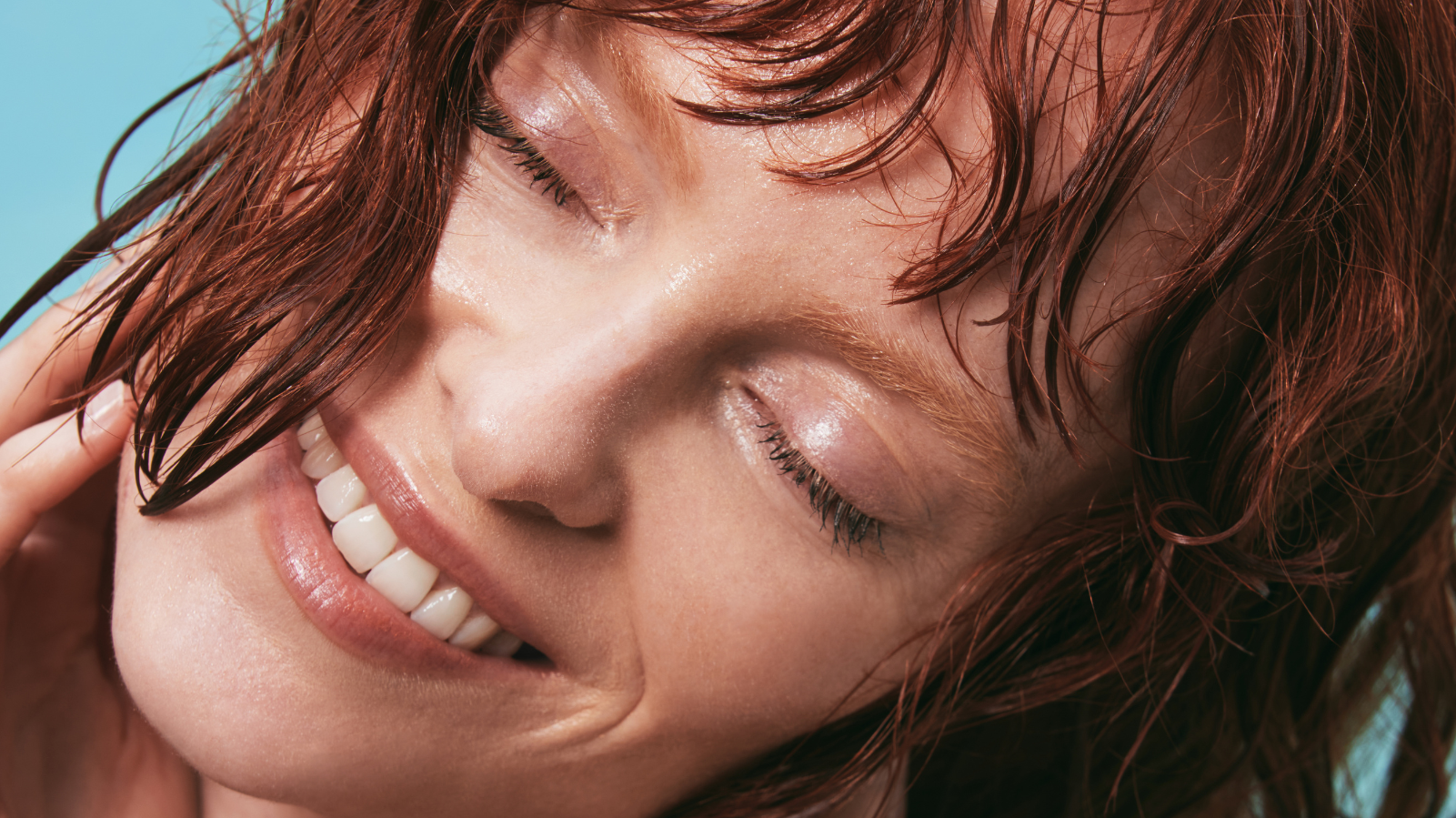We all know sleep is essential for our health, but did you ever think it could be your skin’s best friend too? It turns out that catching those Z’s might be more important for your complexion than you realise. Chronic poor sleep affects skin health and could silently add years to your appearance, but don’t just take our word for it—there’s research to back it up.
A study, published in the Clinical and Experimental Dermatology journal, aimed to uncover the hidden effects of bad sleep on skin health and ageing. Researchers didn’t just stop at the science; they also looked at how people felt about their appearance.
So, next time you’re tempted to binge-watch one more episode, remember your skin might thank you for turning in early.
The Study Scoop
Researchers studied 60 women to see how sleep quality impacted their skin. They split them into two groups: the night owls with less than 5 hours of sleep (poor sleepers) and the blissful dreamers who enjoyed 7-9 hours (good sleepers).
What they discovered
- Skin Ageing
Our blissful dreamers had fewer signs of skin aging. They results showed they really did appear to look younger. - Skin Barrier
Poor sleepers had skin that lost more moisture, making it more prone to dryness and irritation. - Recovery Powers
Good sleepers’ skin healed 30% better after damage and bounced back faster from sun exposure. - Self-Confidence Boost
The well-rested group felt more confident about their appearance, proving that beauty sleep isn’t just a myth.
But wait…there’s more. A study by Kim, Kim, Kang, and Lee from the Skincare Research Institute in Korea researched the lack of sleep on the skin’s health, functionality, and appearance. The results, while not surprising, certainly reinforce the importance of sleep.
The researchers looked at 24 healthy women who experienced one night of sleep deprivation in a controlled environment. They measured various skin attributes before and after the sleep-deprived night, including hydration, elasticity, pore size, and blood flow.
Here’s what they found
Hydration: After just one night of poor sleep, skin hydration decreased significantly. This led to drier, less elastic skin.
- Barrier Function
The skin’s barrier function was impaired, as shown by increased transepidermal water loss (TEWL). TEWL refers to the amount of water evaporating from the skin’s surface. It measures the skin’s barrier function, indicating how well it can retain moisture. Reducing TEWL is often a goal in skincare routines to maintain healthy, hydrated skin. - Pore Size
Facial pores appeared more prominent and noticeable. - Skin Tone
Skin lightness decreased, making the skin look duller. - Blood Flow
Skin blood flow, especially around the eyes, decreased, which could contribute to the appearance of dark circles and a tired look.The takeaways from this sleep research
So, what’s the big takeaway? If one night of poor sleep can affect your skin, what’s a lifetime of poor sleep going to do? Poor sleep leads to faster skin ageing, a weaker skin barrier, and lower self-confidence in your looks. If you want to keep that youthful glow, aim for 7-9 hours of sound sleep each night.
Tips for Getting Your Beauty Sleep
- Set a Sleep Schedule
Go to bed and wake up at the same time every day. Your skin will thank you! - Create a Sleep Sanctuary
Make your bedroom a haven—dark, quiet, and cool is the way to go. - Skip the Late-Night Snacks
Avoid caffeine and heavy meals before bed to help you drift off easier. - Unwind Before Bed
Establish a relaxing bedtime routine. Maybe a warm bath or some light reading—no screens allowed! Perhaps have a soothing drink of our INTU WELLNESS Sleep & Skin Renewal an hour before your designated bedtime,
Prioritising good sleep isn’t just good for your health; it’s essential for keeping your skin looking fabulous. Next time you think about skimping on sleep, remember its profound impact on your skin and overall appearance. Sweet dreams and glowing skin await.
Source:
Oyetakin-White P, Suggs A, Koo B, Matsui MS, Yarosh D, Cooper KD, Baron ED. Does poor sleep quality affect skin ageing? Clin Exp Dermatol. 2015 Jan;40(1):17-22. doi: 10.1111/ced.12455. Epub 2014 Sep 30. PMID: 25266053.

